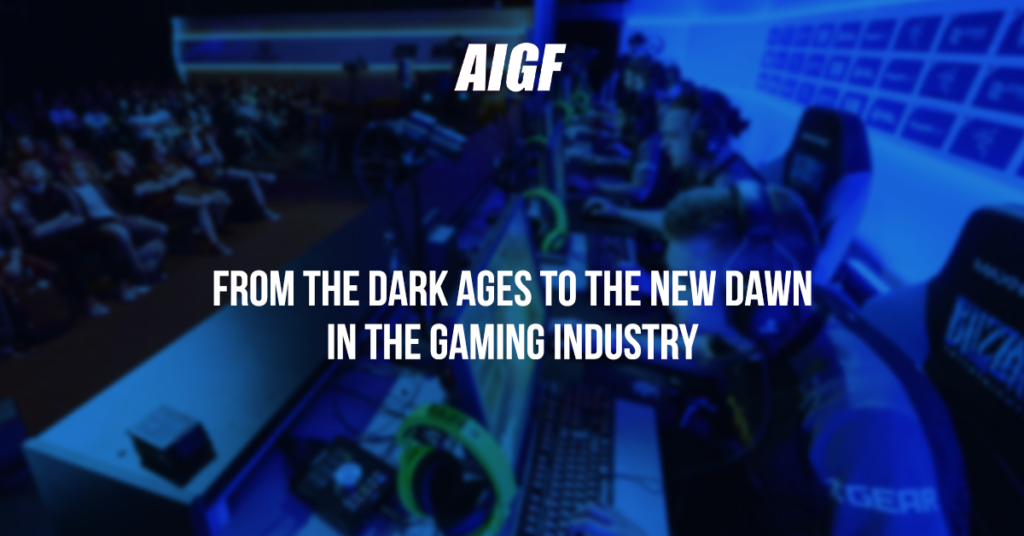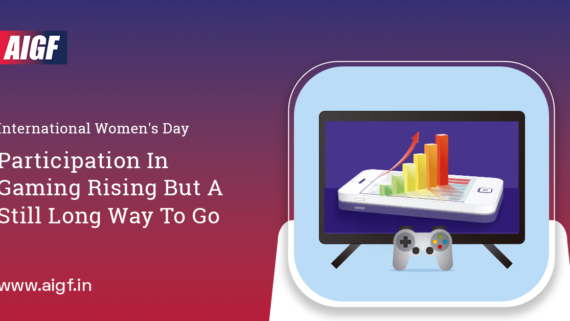The pandemic sped up the organic development of digital games as mobile application downloads developed by half and user commitment increased by 20%. Additionally, it saw half-development in the gaming industry’s turnover with the national average gaming time spent by users arriving at 4.1 hours post-pandemic from the pre-pandemic average of 2.5 hours.
From The Dark Ages To The New Dawn In The Gaming Industry
Taking a reasonable stance, the Karnataka High Court in its most recent, commendable, and landmark judgment provided relief to online gaming administrators and players by declaring specific provisions that previously restricted and condemned online games unconstitutional.
‘I don’t require therapy; I simply need my online game!’
In the last couple of years, the online gaming industry in India has been totally changed by seeing a gigantic development by being one of the quickest developing industries in the country, clocking around 40% development in 2019–20.
According to different reports, the online gaming industry was estimated at Rs. 13,600 crores in Financial Year 2021 and the industry is relied upon to develop beyond twofold inside the following four years to arrive at a complete market size of Rs. 29,000 crores by Financial Year 2025.
Ongoing research has additionally shown that India recorded around 365 million online gamers in 2020. The number of gamers is estimated to reach at 510 million in the year 2022.
From playing ludo with your family in your living room to playing Ludo-King now Gen Z today appears to have encountered everything! The requirement for virtual amusement has been on the ascent for numerous years.
Today, the vast majority of the unicorns of the gaming industry have been brought back to life because of the unavoidable and a few waves of the pandemic and consequently the absence of outside exercises and gatherings coming about into loneliness, depression, and more leisure time. Online gaming and fantasy sports during this time subsequently turned into the go-to put and another leisure activity for some.
The pandemic sped up the organic development of digital games as mobile application downloads developed by half and user commitment increased by 20%. Additionally, it saw half-development in the gaming industry’s turnover with the national average gaming time spent by users arriving at 4.1 hours post-pandemic from the pre-pandemic average of 2.5 hours.
Aside from this, a more prominent clearness has now been seen between the continuous disarray seen in separating games of skill and games of chance in our country. This is because mainly a game of skill is viewed as lawful under the Public Gambling Act of 1867.
Since gaming is a state subject, different Indian states take a gander at it in an unexpected way. Notwithstanding, the courts of India have consistently passed different decisions on this issue. Games like online rummy, poker, fantasy sports, and e-sports have all been viewed as games of skill by different High Courts and Supreme courts in India.
Beginning around 2017, fantasy sports organizations in India and federations have taken on a significant number of conflicts in court, and have gotten a positive view from different high courts as well as the Supreme Court.
The Punjab and Haryana Court on account of Varun Gumber versus Union Territory of Chandigarh (2017 Cri LJ 3836) held that games, for example, horse, boat and foot racing, football, chess, golf are games of skill and critical judgment and not a game of chance. Nonetheless, in a fantasy game, a member user who fabricates a virtual group would require obliging skill, knowledge, judgment, and discretion, as the member needs to gauge the general worth of every athlete/sportsperson as against all athlete/sportsperson accessible for determination. He is expected to concentrate on the strengths and weaknesses of the athlete which would decide the consequence of the game and his possibilities of winning a challenge.
A comparable finding was reached by the Bombay High Court in Gurdeep Singh Sachar versus Union of India and Ors. (2019 75 GST 258(Bombay) wherein the court had seen that it was clear that the progress in fantasy sports relies on the user’s capacity to practice his skill based on prevalent information, judgment, and consideration.
The Hon’ble Supreme Court, in Avinash Mehrotra versus State of Rajasthan (SLP (C) No. 18478/2020) by its organization dated 30th July 2021, maintained the online fantasy gaming website is designed as a ‘game of skill’ excusing a special leave request that supposed the format added up to gambling, betting and wagering.
The Hon’ble Madras High Court in Junglee Games India Pvt. Versus State of Tamil Nadu (2021 SCC Online Mad 2762) held that as games in light of ‘preponderance of skill’ are safeguarded under Article 19(1)(g) of the Constitution, the limitations forced by the State on leading or playing such games ought to fulfill the trial of reasonableness and proportionality.
Most as of late, in All India Gaming Federation versus State of Karnataka (W.P. No. 18703/2021), the Karnataka High Court on 14th February 2022, held specific arrangements of the Karnataka Police (Amendment) Act 2021 unlawful and struck them down as being ultra vires to the constitution as they prohibited and condemned online games with stakes.
India currently has more than 130 million online fantasy sports players across over 200 platforms. ‘Ab Poora India Khelega’ were the trendy expressions of the IPL season that started in April 2021, with different Fantasy Sports platforms like MPL, among others preparing for the convergence of users that such “cricketing” period brings to their foundation. There has in this manner been an ascent of new-age gaming organizations in India from that point forward.
Moreover, its arrangements to drain the rising revenue in NFTs among the adolescent by presenting reward-based and tradeable NFTs for its users which show that they are effectively assessing the powerful market conduct and keeping themselves on top of things.
This beginning industry consequently, has seen another daybreak with a few gaming unicorns releasing new games and sports consistently.
Nonetheless, given the different perspectives and various limitations by different state governments without a trace of a uniform code for managing the rising online gaming industry, the perspective on the country overall actually stays differentiating.
As well as getting the law right, more awareness is additionally expected on this continuous issue to truly have the option to recognize a game of chance and a game of skill. The issues around the guideline of online gaming it appears can be settled with the right points of reference.
With having one of the world’s biggest and most youthful populaces, India is poised to turn into an overall leader in the gaming business before long. India is presently among the best five mobile gaming markets on the planet. The gaming industry in India is presently esteemed at $930 million and is assessed to develop at 41% every year. With different drives of the public authority like Digital India, a huge increment can be anticipated in the accessibility of superior grades and drawing in gaming content.
Credit: BW Businessworld











Comments
Comments are closed.